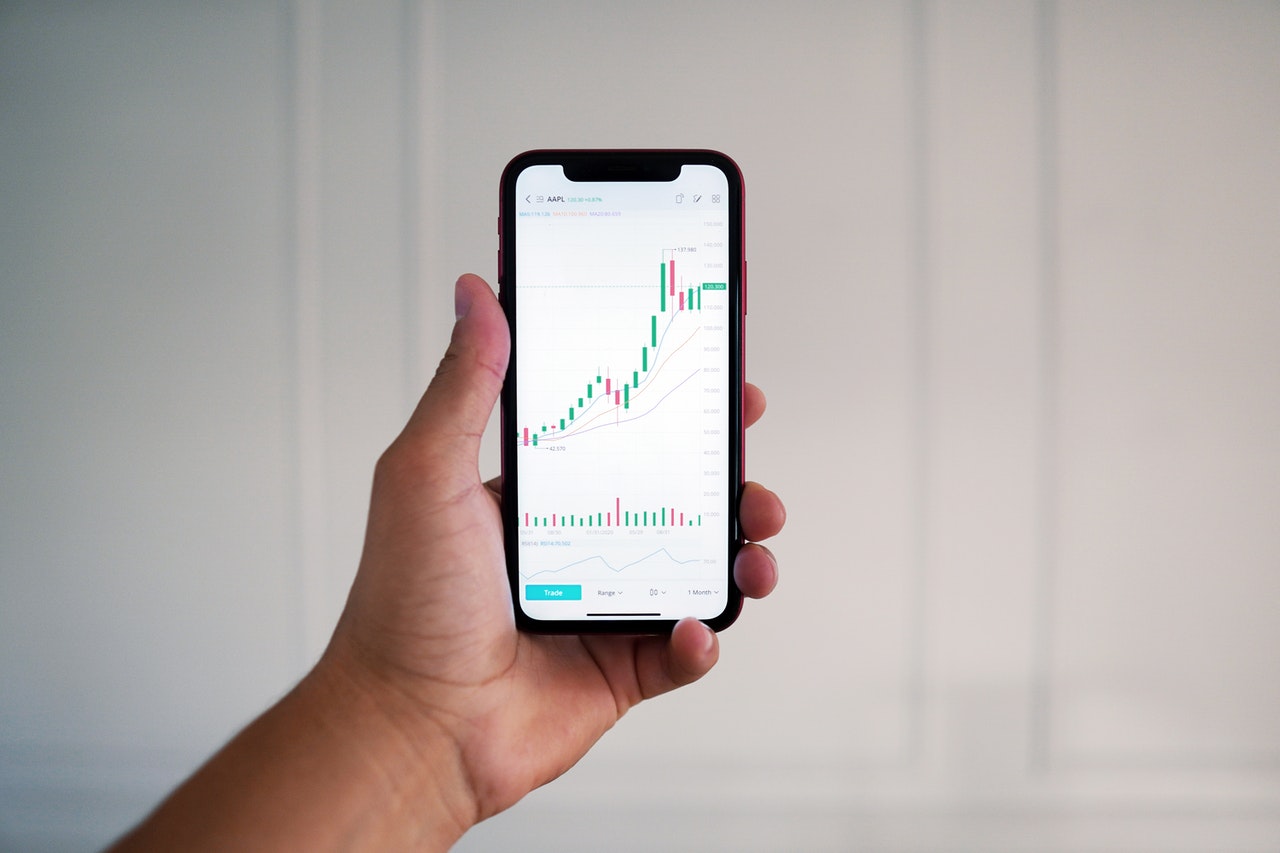Regulations play an essential role in the modern world. For a second, imagine a world without law and order. No guidelines, no restrictions, and everyone having the liberty to do as they please. Do you know what is going to happen? It will be impossible to protect your interests.
The forex market is not an exception. But what is the forex regulation? Let’s find out! It is a system of checks that have been put in place to minimize risk factors.
Are you interested in forex brokers? If you like forex, it is not a bad idea to read the Markets Bank review.
Moreover, these checks include the setting up of legal and financial standards. Also, for compliance with these checks to be ascertained or confirmed, watchdogs or overseers have been set up in order to monitor the behavior of industry players.
The main purpose of regulation is to protect investors from fraud. Furthermore, forex broker reviews can help answer many questions. They can help to guide investors to forex brokers that are regulated.
Fortunately or unfortunately, there is no central regulatory body in charge of global forex regulations. Regulatory bodies exist at local levels worldwide. Each of them functions under the ambit of the laws governing their respective jurisdictions.
Nevertheless, all regulatory bodies in the European Union can operate in all the countries on the continent. For instance, one of the most widely used regulatory bodies in Europe is the CySEC (Cyprus Securities and Exchange Commission).
Apart from CySEC, there are other major regulators as well. One of them is the Australian Securities and Exchange Commission (ASIC). We should also mention the Securities and Exchange Board of India (SEBI), US Securities and Exchange Commission, and Financial Services Authority (FSA) UK.
But How should you regulate the forex market?
It is noteworthy that forex market regulators set guidelines for forex brokers to abide by.
The regulator has to take care of various tasks such as periodic audits, reviews, and inspection of the financial, legal, as well as customer-related activities of the forex market players.
It is hard, if not impossible, to imagine a world without guidelines. They ensure that brokers abide by a set of fair and ethical rules. When these guidelines aren’t met, a regulator has the right to enforce punishments on the erring broker.
Forex regulation is made in accordance with the prevailing laws of each jurisdiction. These laws clarify a host of requirements for forex brokerage as well as some elements of these regulations differ from one jurisdiction to another. Still, some fundamental standards cut across every area or region of forex regulation. These are;
Registration and licensing
Some people might not be aware that regulators are responsible for the registration and licensing of forex brokers. You need to keep in mind that only pepperstone regulated brokers are safe for investors.
Audits and Reviews
From time to time, regulators look into the books as well as the general affairs of brokers to make sure that they comply with all financial and ethical standards. For instance, there is a lot of information that brokers are mandated to pass across to investors. Unsurprisingly, Brokers who fail to do so are punished by regulators.
The role of regulators is vital to the safety of your funds. Questions about regulation should be a top priority for every investor. Broker reviews should be properly analyzed by traders before working with any broker. Last but not least, if a broker isn’t regulated, steer on the side of caution and avoid them.

